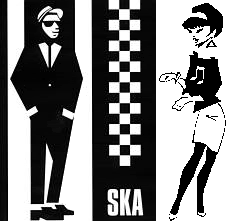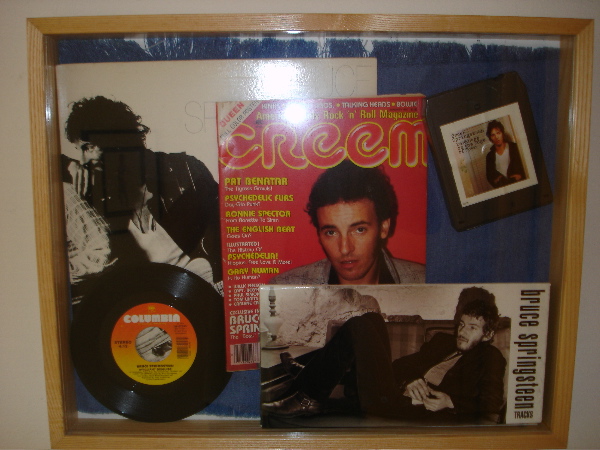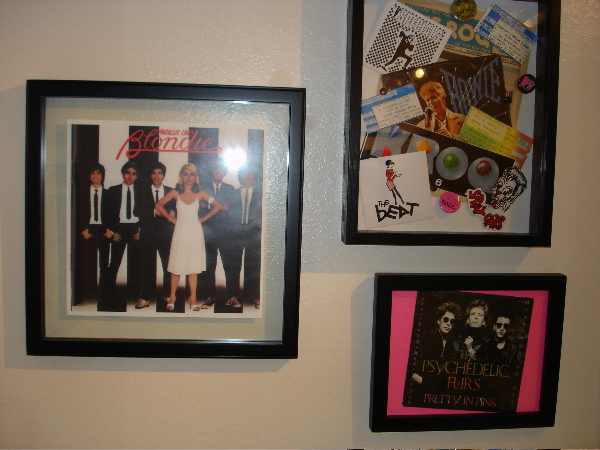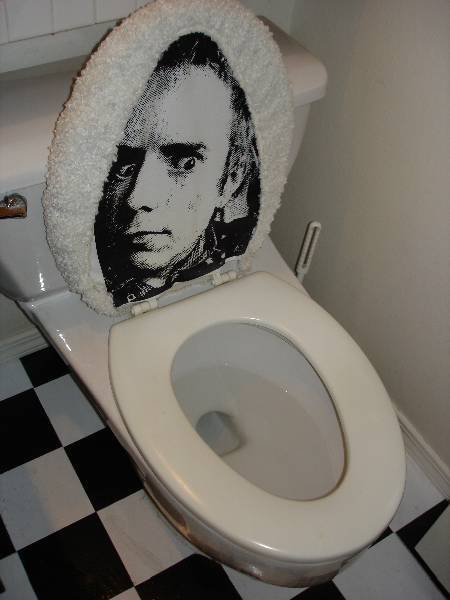
The 1960's were over and even as a nine year old child, I knew things had changed. One popular, charismatic U.S. president had been assassinated, another promising candidate murdered. And the greatest civil rights leader in history had been brought down by a racist's bullet.
Fear reared it's ugly head. If these prominent pillars of goodness couldn't be protected from evil how could any of us hope to be?
Thousands of Vietnamese and US soldiers lay dead during the quagmire of a war escalated by the Eisenhower and Nixon administrations. The peace and love vibration of the Hippie generation ended abruptly, seemingly punctuated by the violent deaths of four people at The Rolling Stones' infamous, 1969 concert at Altamont. That same year, Charles Mansion and his followers went on a killing spree bent on initiating a race war.
In 1971, Kent State University student peace protesters were killed and injured when fired on by police. The Beatles had broken up. Rock superstars Jim Morrison, Janis Joplin and Jimi Hendrix were dead from drug overdoses. Militant revolutionary groups like the Black Panthers and SLA sprung up and began a reign of domestic terror that included kidnapping, armed robbery and killing.
Something had gone seriously wrong. Life seemed ominous and dark.
Popular music had lost it's edge as the experimentation of the 60's gave way to the complacent, mellow, 1970's.
We were the first generation of latchkey children. We had long ago rejected school, government, authority and adult supervision. Now, due the rising prevalence of divorce and career demands, we were mostly without our parent's physical presence and moral guidance as well. And that was fine with us. THEY had already blown their chance at acting as competent adults. The older generation had failed at both running the government, society and their own families.
Now we were free. Free from their injustice and stifling restrictions. As we entered puberty, we grew up making our own rules. Nobody could tell us what to do. We identified with the authority-rejecting Counter Culture. The vacuum left by the gap in parental discipline was filled with marijuana, alcohol, rebellion and music. Our blueprint for life came directly out of the radio.
Our heroes were the Rock Stars who created the music we listened to- Bowie, Zeppelin, The Stones. Like us, they made their own rules. And they were doing just great. We hoped to somehow follow in their footsteps and live life on our own terms.
Lost in our immaturity, we stumbled through our teenage years with our judgement impaired, yet believing stoically that we were better off making our own decisions without interference from outside. It's no surprise that many of us grew up socially retarded, misguided and withdrawn.
We entered the adult world unprepared. With pent up anger and plenty of youthful rage at the inequities of life, we instantly bonded with the aggression and spirit of late 1970's Punk Rock. The irreverent, "spit in your face" attitude of Punk exactly matched our temperament.
We even more closely identified with the detachment of New Wave music. New Wave had at it's heart the angst of Punk but was set to a danceable beat. A mix of Punk and Disco. In the early 1980's, the "us against them" mentality that New Wave represented, slowly gave way as the music industry began to take notice of the newfound popularity of this emerging genre.
Soon clubs, radio and record stores were awash in New Wave. Formerly unknown bands with unique sounds quickly became household names. Popular music was given a badly needed injection of energy. This was the last time a mass audience had such a strong influence on changing the course of Rock music.
Like all good things, New Wave eventually became bastardized and commercialized by the mainstream. As music industry profits rose, the music got less interesting. As we began careers and started families, many of us lost touch with the sounds we grew up with. And things haven't been the same since.
With the help of family, friends and therapy, many of us have come to grips with the gaps in our upbringing. We lead productive, interesting lives. But there's nothing like hearing a "golden oldie" from 1982 to remind us of the promise of our youth and the excitement that music brought to it.
In contrast, much of today's music seems more like manufactured product than perhaps any time in history. This adds credence to the assertion that artistic "golden ages" are best defined by the long gaps of time between them when very little happens. But for a few exceptional songs and bands, nothing demonstrates this better than the last 20 years of Rock music.





